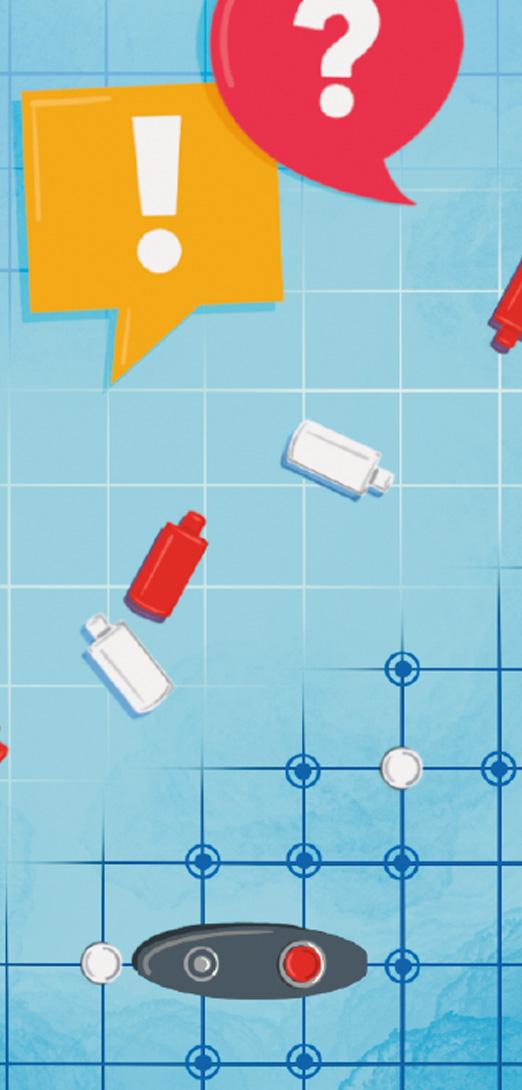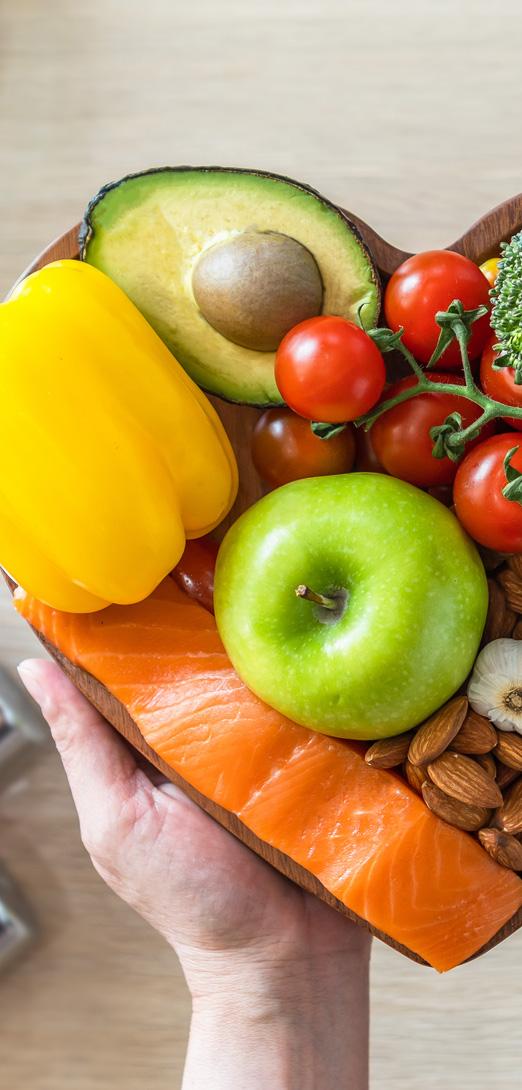Heather Wright
I recently used food colouring in a science demonstration showing the difference between additive and subtractive colour mixing processes (light versus pigments/dyes) for Grade 8 science light and optics. Could definitely do the same thing with icing instead of water.
Bobbi-Jo Douglas
Used to do: potluck dinners that were multicultural and focused on the foods my students eat at home. Brought exposure in a beautiful way.
Now: at outreach, we feed our students daily—it’s what we do!
Nadine Armbruster
In high school religious studies, the first week of Lent, I made a simple pretzel dough with all my students. We talked about fasting and eating simple doughs ... and we did a pretzel prayer before we ate together and engaged in almsgiving by making two pretzels each and giving one to someone special in the school.
Jennifer Lacourse
I like to keep a variety of foods on hand to help kids regulate. Our school has a breakfast program, so I am lucky to have fruit and some baked goods on hand every morning to help ensure my students have something in their bellies when they start the school day. Other things I keep on hand are gum, fruit chews and fruit leather.
Heather Laturnas
Cheese tasting when reading Who Moved My Cheese?, which is about trying new things and embracing change.
Sana Waseem
I’d like to start (using food) for my chemistry unit. I used to do things like building structures, but so much food got wasted, so now I want to try stuff the kids could actually eat afterward.
Natalie Townshend
To feed hungry teenagers so they can think! (I have a snack basket with fruit and granola bars). Giving them food is taking care of such a basic need—once you address that, many other things fall into place.
Sarah Creswell
Food to create community—snacks and treats always available.
Carolyn Pawelko
M&Ms and Skittles to do a half-life lab.
see more at facebook.com/ABteachers



